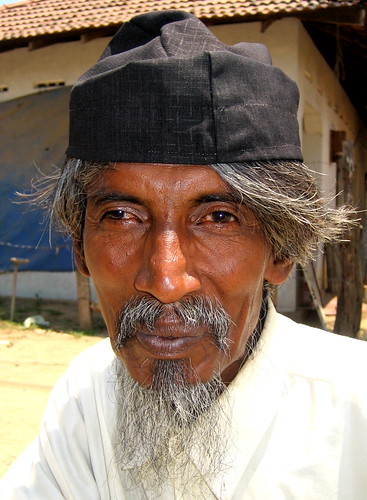And, according to Xīngqíliù, they were also nearing Xitaqa. But before he would reveal the exact location of the tower that was Golthar’s former home and the likely prison Golfo, he would demand, as he had warned them, a favor. His demand was in fact both a request for a favor and a loyalty test. Xitaqa was a wicked place, built by wicked people of a former age, and a beacon to their sucessors in wickedness. And what better way for the party to prove that they were not among the wicked than to destroy an idol of wickedness?
Xīngqíliù indicated a path, faintly visible from their boat that, he explained, led to a cave inhabited by a family of wolf-people. They had built a wolf idol for themselves and worshipped it in the cave until they were rewarded and cursed with the power to turn into wolves and to command natural wolves. If the party would enter the cave and retrieve the idol so that he could destroy it, he would reward them with the information they sought.
Tetsukichi, Beatriss, and Kreppu-San debated Xīngqíliù’s offer. What was their quarrel against the wolf people? What if these were just natural wolves? But they weren’t being asked to murder but only to steal. And if they were natural wolves, they would have no interest in an idol. If they were wolf-people, then they shouldn’t be eating people-people, as Xīngqíliù claimed that they did.
They made a plan to attack at night when most of the pack would be out hunting. Neither Xīngqíliù and his brothers nor Afu would enter the wolf cave, but the priests did give the party some assistance—one glowing stone to provide them with light and a second to mask the sound of their footsteps.
The party disembarked and followed the path up the river to
the path that Xīngqíliù had pointed out.
They followed it to the cave, obviously the noisome den of a pack of
wolves.
Al-Fitar was posted outside to watch for the
pack’s return while the others entered.
The short entry tunnel led to a central chamber with several smaller
caves radiating off of it. Climbing up
to a ledge, they found a small alcove and inside it, the idol—a clay statuette
with gemstone eyes. While discussing
(silently) how to retrieve it, the natural wolves inhabiting the lair detected
their presence and began to emerge from the other rooms. The party fought the wolves and killed them
and then swiftly retrieved the idol and ran out. Al-Fitar reported no sign of danger, but the
party didn’t linger.
They returned to the boat. Xīngqíliù congratulated them and
took the idol. His brothers guarded it
while the party spent a few hours in restless sleep, awakened near dawn by the
sound of piteous howling. They pushed up
from the shore and remained anchored in the middle of the river until
daybreak. When the sun was up, Xīngqíliù
asked for he and himself to be put down on shore where, after a short ritual,
they smashed up the idol. (And, it
seemed, pocketed the gemstone eyes.) Xīngqíliù
was well-pleased with the party and agreed not only to show them the path to
Xitaqa, but to accompany them there.



